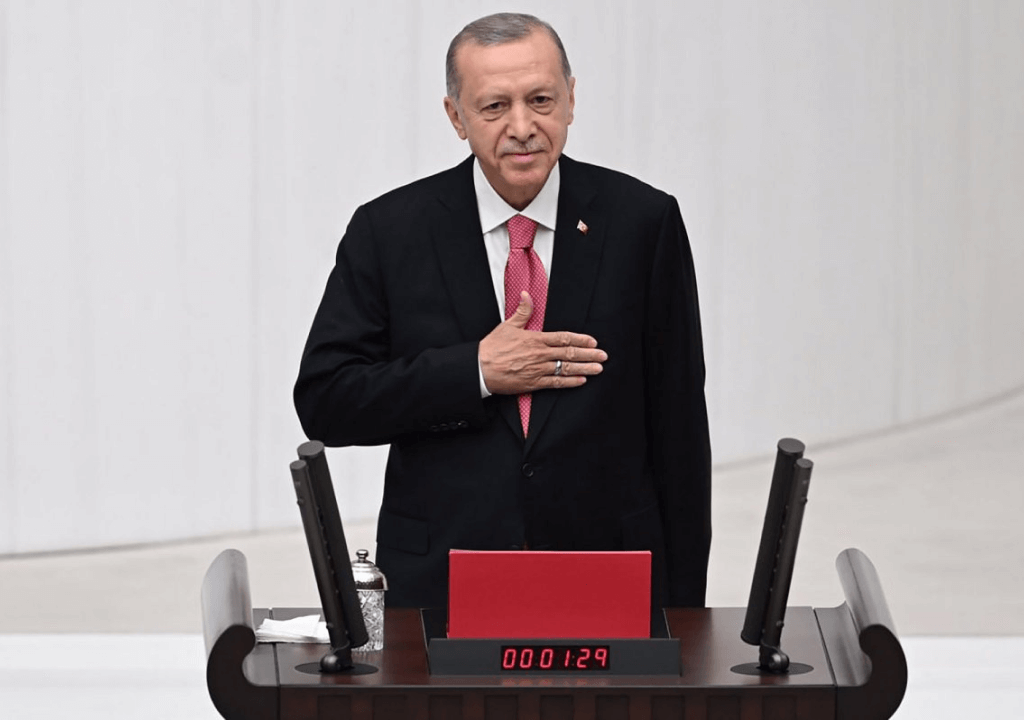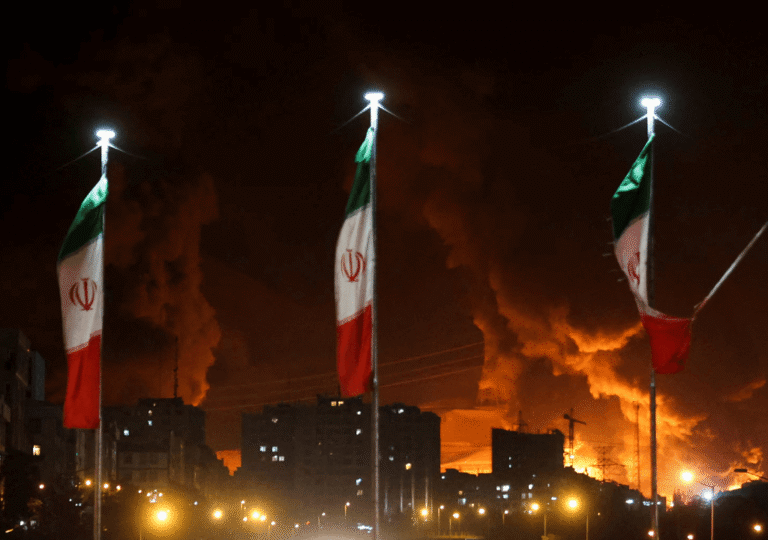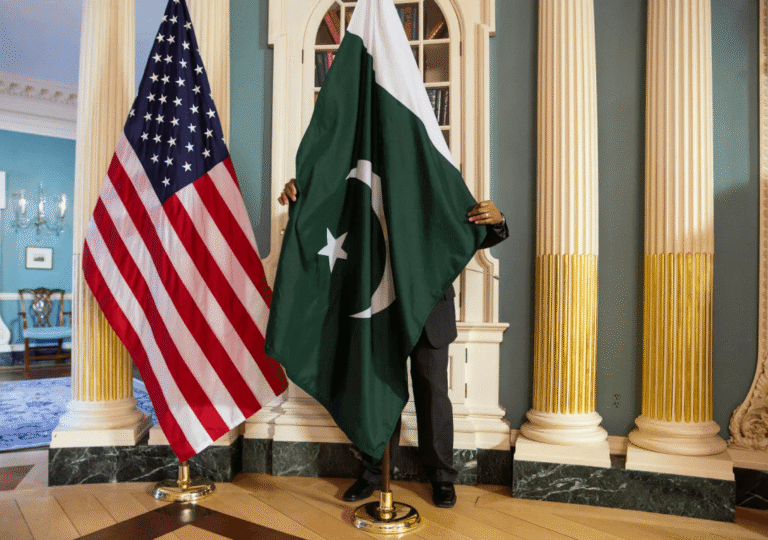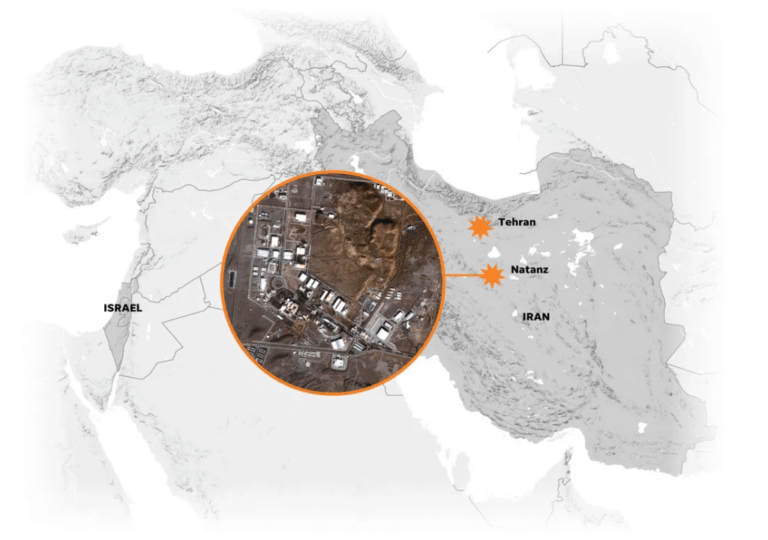The encampment protests for Gaza are making huge waves around the globe. Western nations like the United States, the United Kingdom, Canada, and Australia are witnessing the protests on a large scale, and countries like Colombia are openly starting to criticize Israel. On this occasion, there was criticism that many protests are not visible from Muslim countries, especially from the Middle East. However, now Turkey, which claims Ottoman hereditary so proudly under the Islamist politician Recep Tayyip Erdogan, is taking strong actions against Israel by halting all trades with Israel and accusing it of humanitarian tragedy in Gaza. Turkey’s decision is a huge and brave step, considering Turkey had an amicable relationship with Israel and is a NATO member and ally of the United States. Historically, Turkey recognized Israel when they announced independence, while many Muslim countries were reluctant to do so. The fruitful relationship started to sour during the Erdogan regime and was taken to its lowest level by Turkey’s imposition of a trade embargo, overthrowing trade agreements, and foreign relations in the area.
Turkey’s trade ministry announced late on Thursday that export and import transactions related to Israel have been stopped, covering all products. The ministry emphasized that these measures would be strictly and decisively implemented until the Israeli government ensures an uninterrupted and sufficient flow of humanitarian aid to Gaza. Turkey’s trade ministry had previously announced restrictions on exports to Israel in early April, halting the export of iron and steel products and construction equipment. The decision has a huge economic impact because as of 2023, the two countries had a trade volume of $6.8 billion. This trade embargo by Turkey will also cause harm to the Turkish economy, as Turkey’s exports mostly go to western countries with close ties to Israel, and Israel itself is a top importer of Turkish goods. And as expected, Israel drew strong criticism of Turkey’s decision. Israel’s foreign minister, Israel Katz, accused Turkey’s president, Recep Tayyip Erdoğan, of acting like a “Dictator” in response to the reported restrictions. This dispute is likely to deepen tensions between the two former close allies. Katz accused Erdoğan of “Violating agreements by obstructing ports for Israeli imports and exports” alleging that he disregards the interests of Turkish citizens and businessmen, and ignores international trade agreements. Katz also stated that Israel would attempt to replace any lost products through local production and imports from other countries. Last month, he had criticized Erdoğan for publicizing his latest meeting in Istanbul with the head of Hamas’s politburo, Ismail Haniyeh.
The reason behind Turkey’s decision, or Erdogan’s decision, is political. Turkey knows this action could sour relationships with Israel and, consequently, the West. However, the West will not take any action against Turkey now. There are several reasons for this. There is global sentiment against civilian killings in Gaza, which is also present in the West. Following the killings of aid workers and university protests, Western media are not actively supporting Israel anymore; they are maintaining a neutral stance instead of siding against Hamas, the terrorist organization responsible for brutal killings in Israel and taking hostages. This shift in Western mindset is providing Erdogan with a sense of security, as there is support for Turkey’s decision among Western populations. It’s evident that there is significant sentiment among Muslims worldwide in support of fellow Muslims in Palestine, and there is also resentment toward wealthy Gulf countries that have not taken significant steps to support Palestine, despite their close ties with Israel and the US. Erdogan can leverage this sentiment to portray himself as a true Ottoman leader, as he desires. As a seasoned politician, Erdogan can navigate this sentiment to push his agenda of Islamism In Turkey, especially as the country’s opposition makes progress and wins elections. He sees an opportunity and frames it well, presenting it at the opportune moment. So, this action will definitely impact Turkish domestic politics where Erdogan faces challenges.
Israel’s revenge mission for the deaths of 1,136 Israeli citizens on October 7th and the taking of about 250 people hostage shows no signs of stopping nearby. The Israeli military is currently in Gaza and has bombarded the territory, resulting in the deaths of more than 34,000 people, according to the Hamas-run health ministry. This situation has provided many politicians with leverage. Netanyahu doesn’t need to worry about protests against him, Iran has taken advantage by increasing calls for reform after Mahsini’s death, and European right-wing politicians have found an opportunity to showcase the increased Muslim population in Europe. Additionally, Turkey is now seeking an opportunity to quell discontent against Erdogan and gain an advantage over the opposition by increasing solidarity with Palestinian Muslims. So, everyone benefits except for the common people who lose their lives and property. Turkey’s decision to impose a trade embargo will not have any impact on Israel or the new world order; however, it is a win for Turkey and Erdogan.








